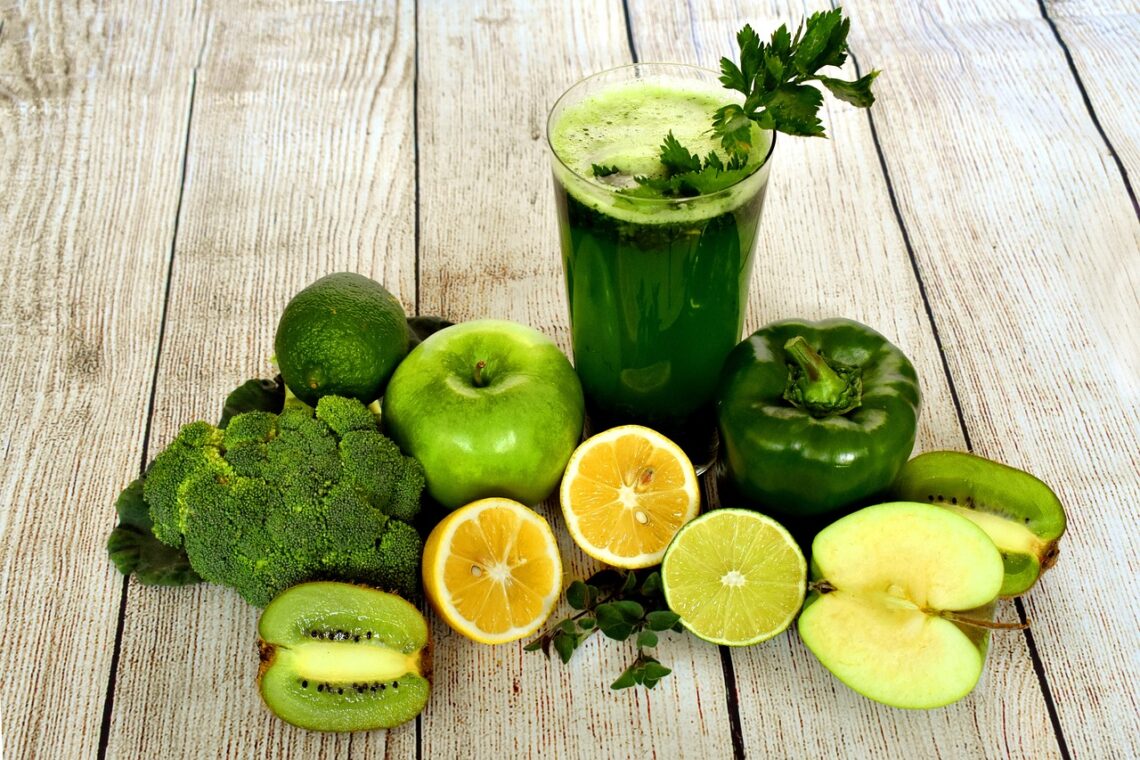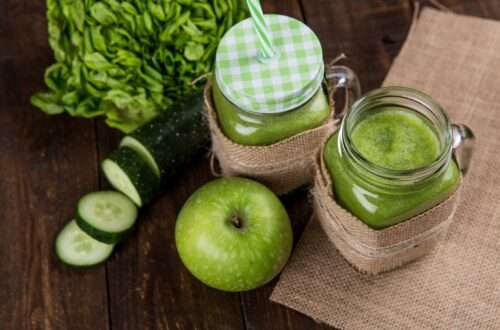
The Pros and Cons of Detox Diets: What You Need To Know
Detox diets have gained considerable popularity in recent years as a means to cleanse the body and achieve overall well-being. With promises of weight loss, toxin elimination, and renewed vitality, these regimens have captivated the attention of health enthusiasts worldwide.
These diets claim to rid the body of toxins, improve digestion, boost energy levels, and even aid in weight loss. However, like any dietary trend, detox diets have their pros and cons.
This blog will explore the concept of detoxification, explore the potential benefits and drawbacks of detox diets, highlight various types of detox plans, offer essential tips for safe detoxing, address common misconceptions, and conclude with key takeaways for a balanced approach to holistic wellness.
Understanding the Concept of Detoxification
Detoxification is the natural process by which the body eliminates harmful substances and waste products, aiming to maintain optimal health. Our organs, such as the liver, kidneys, lungs, and skin, play vital roles in this intricate system.
Detox diets are designed to support and enhance the body’s innate ability to cleanse itself, often by focusing on specific foods, beverages, or fasting periods.
Exploring the Pros of Detox Diets
a. Potential Benefits for Weight Loss:
Detox diets often serve as a kick-start for those seeking to shed extra pounds. By adopting a calorie-restricted regimen and eliminating processed foods, individuals may experience initial weight loss. However, it is important to note that long-term success relies on sustainable lifestyle changes.
b. Elimination of harmful substances:
Detox diets typically involve eliminating processed foods, sugar, alcohol, and caffeine, which are known to have negative effects on our health when consumed in excess. By cutting out these substances, detox diets encourage healthier eating habits and can contribute to weight loss.
c. Increased nutrient intake:
Many detox diets emphasize the consumption of whole, unprocessed foods such as fruits, vegetables, and lean proteins. This focus on nutrient-dense foods can lead to improved vitamin and mineral intake, supporting overall health and well-being.
d. Improved digestion:
Detox diets often include foods that are high in fiber, which aids digestion and promotes regular bowel movements. Additionally, increased water intake during detox can help flush out toxins and support a healthy digestive system.
e. Enhanced awareness of food choices:
Participating in a detox diet requires careful consideration of food choices and reading labels to avoid certain ingredients. This increased awareness can lead to healthier long-term eating habits and improved food selection even after the detox period.
Examining the Cons of Detox Diets
a. Lack of Scientific Evidence:
Detox diets often lack robust scientific evidence to support their claims. While anecdotal accounts exist, further research is necessary to validate the widespread effectiveness of these regimens.
b. Potential Nutrient Deficiencies:
Depending on the specific detox diet followed, there is a risk of nutrient deficiencies. Restrictive plans or eliminating entire food groups may result in inadequate intake of essential nutrients.
Careful planning and professional guidance are crucial to ensure proper nourishment.
c. Risk of Severe Calorie Restriction:
Certain detox diets involve extreme calorie restriction, potentially leading to metabolic imbalances, muscle loss, and fatigue. It is crucial to approach calorie reduction mindfully and ensure that the body receives adequate nourishment.
d. Unsustainable approach:
Detox diets often involve strict rules and short-term changes that may be challenging to maintain over the long run. Once the detox period is over, individuals may revert to their previous eating habits, undoing the benefits gained during the detox.
Highlighting Different Types of Detox Diets
a. Juice Cleanses:
Juice cleanses involve consuming a variety of freshly pressed fruits and vegetables while avoiding solid foods. These regimens aim to flood the body with micronutrients and antioxidants while giving the digestive system a break.
b. Herbal Detox Programs:
Herbal detox programs often incorporate specific herbs, teas, or supplements known for their purported cleansing properties. These regimens are designed to support liver function, promote digestion, and aid in the elimination of toxins.
c. Whole Food-Based Detox Plans:
Whole food-based detox plans focus on consuming minimally processed, nutrient-dense foods that are rich in fiber, antioxidants, and essential nutrients. These regimens encourage the elimination of processed foods and emphasize the consumption of organic, whole ingredients.
Providing Tips for Safe Detoxing
a. Consulting a Healthcare Professional:
Before embarking on a detox diet, it is advisable to consult with a healthcare professional who can evaluate your individual health status, provide personalized recommendations, and ensure the regimen is safe for you.
b. Gradual Transition and Moderation:
Sudden and drastic changes in dietary habits can be challenging for the body to adapt to. Opt for a gradual transition into and out of a detox diet, allowing the body to adjust and minimize potential side effects.
c. Staying Hydrated and Maintaining a Balanced Diet:
Hydration is crucial during detox diets, as it supports the body’s natural detoxification processes. Additionally, maintaining a balanced diet, even within the parameters of the detox plan, ensures a steady supply of essential nutrients.
Addressing Common Misconceptions about Detox Diets
a. Detox as a Quick Fix for Unhealthy Habits:
Detox diets are not a quick fix for unhealthy eating patterns or lifestyle choices. While they can jumpstart positive changes, long-term sustainable habits are essential for overall well-being.
b. Detox for Drug or Alcohol Addiction Treatment:
Detoxification from drugs or alcohol requires professional medical intervention and cannot be effectively achieved through dietary regimens alone.
c. Detox for Medical Conditions:
Detox diets should not be considered a substitute for medical treatment. If you have specific medical conditions, consult with your healthcare provider to determine the appropriate course of action.
Key Takeaways
Detox diets can offer certain benefits, such as eliminating harmful substances, increasing nutrient intake, and improving digestion. It’s essential to consider the lack of scientific evidence, potential nutrient deficiencies, and risks associated with severe calorie restriction.
However, while detox diets may offer some short-term benefits, it is important to approach them with caution and consider the potential drawbacks.
Consult with a healthcare professional or registered dietitian for personalized guidance on achieving your health goals in a healthy and sustainable manner.
Prioritizing a balanced and sustainable approach to nutrition and lifestyle choices is key to long-term health and well-being. Make informed decisions and embrace a healthier, more balanced way of living today!
Remember your health is too important to rely on quick fixes.


You May Also Like

Top 5 Chest Workouts for Women
27 June 2023
Build Strong and Toned Arms: The Best Exercises for Results
4 May 2024

